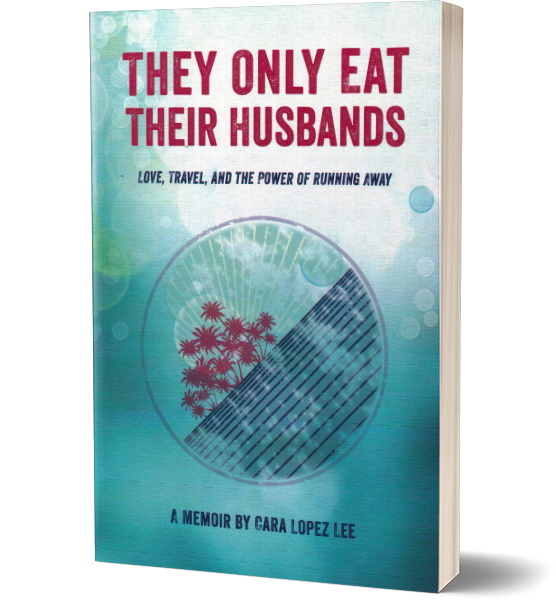 I planted veggies, fruits, and flowers today, and though it was tiring work, I found myself grinning as I recalled the feeling of playing in the dirt as a child. There is a primitive satisfaction in the idea of plunging my hands into mud, clay, or sand. The cool, dark, fecund dampness feels like a return to beginnings.
I planted veggies, fruits, and flowers today, and though it was tiring work, I found myself grinning as I recalled the feeling of playing in the dirt as a child. There is a primitive satisfaction in the idea of plunging my hands into mud, clay, or sand. The cool, dark, fecund dampness feels like a return to beginnings.
I dug up soil, dropped in columbine roots surrounded by more soil, and then topped it with yet more soil. As I did so, I remembered the zinnia seeds I planted in a small pot when I was seven. I watered the soil and waited for the multi-colored blooms pictured on the seed packet to sprout. I felt such failure and loss when the picture never emerged. Did I water them too much or not enough? Should I have talked to them more? Were they duds? It was my first lesson that even a seed given water, soil, and sun might not meet all the conditions to survive. I had suspected that life was not easy, but this was nature’s own proof.
The memory of zinnias brings back the stepmother who planted them with me. One day I went with her to the college where she studied art, wandered down the hall, and found the pottery studio. I met some friendly artists who set me in front of a pottery wheel with wet clay. I still remember the revelation of cool slurry sliding under my palms, as wondrous as mud or pastry batter or creation. My stepmom was irate when she found me splattered head to toe in dried clay. “I told you we were going out to dinner!” She is no longer in my life, but I’ll never forget that first realization that getting dirty might be something forbidden.
Today, after I planted the columbines, I mixed a giant pile of magic dirt for my square foot garden box. Actually, it’s not precisely dirt, but Mel’s Mix: a blend of compost, peat moss, and vermiculite, meant to work wonders for growing foods. I sank my hands and forearms deep into the layers of three ingredients and worked them into each other, feeling luxurious abandon as I buried parts of myself alive and then resurrected them again. I dumped these piles into the box, bucket by bucket, sweeping my arm through it all and patting it down, feeling vague recollections of a kindergarten sandbox where other kids wouldn’t play with me. Today I felt happy playing alone, complete with my own company and that of the waiting seedlings. Still, it was an added joy when my husband came home and chatted with me while I pushed my first plant into the dirt.
As I planted abbreviated rows of asparagus, zucchini, and butternut squash, I thought of the migrant workers bent over row after row in California, where I grew up. In my mind they’re always picking strawberries. I remember the strawberries my girlfriend and I once stole when we were twelve, climbing through a hole in a fence, finding discarded baskets, filling them, and rediscovering one of the original sins: eating forbidden fruit. I thought about the bean salad I ate during my short break today, wondering about the people who had picked the beans.
As I ponder the nine vulnerable seedlings I’ve planted, I think of how few of my miniature crops have ever succeeded, except the zucchini. Apparently any moron can grow zucchini. I wonder what would happen if—somewhere between Monsanto and migrants and the few remaining independent farmers, between overpopulation and genetic manipulation and climate change—I ended up having to grow my own food. Would I survive? I’m not sure, but maybe sinking my hands in the earth with a sense of wonder is a start.
If nothing else, tending my box of earth makes me grateful for the people who pick the food piled in the produce section of my grocery store. Makes me feel awe at the avocados and oranges I would never see in Colorado if it weren’t for someone else digging deep in the earth to bring forth the oil to transport it here. Makes me feel shame to know that same oil is changing our climate, making it harder to grow things, changing the earth.
My husband built my square foot garden box a few years ago. It now has a hole at its bottom where my small shovel broke through as I emptied its old dirt today and spread it elsewhere. As I stared at that hole, I thought about burial, ashes to ashes and dust to dust, and Mom—my grandma—who passed away last year. I thought about the smile in her voice whenever I talked about my garden, although she never saw it. I thought about the flowers I sent her before she passed.
When I was twelve, my grandma and grandpa divorced, and I took his place in our huge yard digging up weeds, a task that never seemed to end. I hated it and swore I would never do yard work when I grew up. I would hire someone else to do it, to get blisters in that delicate web between finger and thumb, to overheat, and to be so bored, bored, bored. As I pulled weeds, I dreamed of playing instead.
Even after that, when I played I loved playing in dirt best.
Now that I have a small yard of my own, I choose to pull weeds, no longer doing “yard work” but “gardening,” a hero rescuing flowers. Mom was cremated, and when I receive my portion of her ashes I plan to scatter them in my garden, because I love this place where I can play in the dirt, bury roots, and bring forth life. Even if the asparagus does not thrive—but, please asparagus thrive—I will find sustenance in the beauty of the flowers…and in the zucchini, because even a moron can grow a zucchini so long as she is willing to get her hands dirty.




